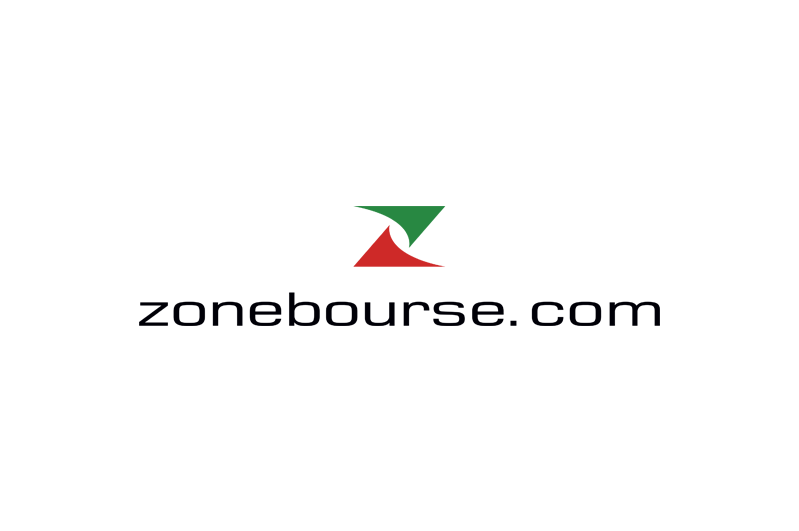Already from the moves on the eve it was clear that it was not going to be a simple European Council. Germany and France have asked to consider the hypothesis of an EU-Russia summit. Dutch Prime Minister Mark Rutte said they would raise the issue of the Hungarian law banning the representation of homosexuality to minors. In addition, 17 EU leaders presented themselves with a public letter in defense of the rights of the LGBTI community. The agenda has undergone a disruption. The discussions were long and the Council went on into the night.
–
To get an idea of the climate, just the words of Rutte on the sidelines of the European Council: “In my opinion, there is no more room in the EU for Hungary”. And during the discussion, defined as “emotional” by an EU source, he invited Hungarian Prime Minister Viktor Orbán to use article 50, the one for leaving the Union. Orbán argued that the one approved “is not a law against homosexuals, it is in defense of parents and children”, and added that “it is already in force.” So no step back. Swedish leader Stefan Löfven raised a thorny issue: “Swedish taxpayers are not interested in allocating funds to those who do not respect our values.” To protect the EU budget there is now the mechanism on respect for the rule of law, also invoked by the EU Parliament. The premier Mario Draghi recalled that “it is up to the Commission to determine whether Hungary violates the treaty or not”. The Commission has already sent a letter to Budapest, which has until the end of June to respond, to report several violations of the directives on audio-visual media services, e-commerce and the Charter of Fundamental Rights, which could lead to to an infringement procedure.
–
Other relations between the EU and Russia. German Chancellor Angela Merkel, before leaving for Brussels, explained to the Bundestag that the EU should have an independent relationship with Moscow, even if complementary to that of the US: “We need direct EU contact with Russia”, he said. said, adding that “it is not enough that Joe Biden did it.” An openness shared by French President Emmanuel Macron, who believes that the EU must “defend its interests”. Draghi also supported the Franco-German proposal to revise the meeting formats with Moscow. But he doesn’t like it Poland, Sweden and the three Baltics, very wary of Russia. Prime Minister Rutte is also not in favor of meeting Russian President Vladimir Putin (the downing of Malaysia Airways flight MH17 in Ukraine, in which many Dutchmen died), but has nothing against the others. However, he slipped out of the so-called Washington format (France, Germany, Italy, Spain and the Netherlands) which could be used in a summit with Putin in the fall. Rome is one of the countries that share the line of “selective engagement” with Moscow, that is, responding where necessary, interacting where one can, and is in favor of keeping communication channels open.
–
Paradoxically the issue of migration, usually the most divisive dossier, was the least complex to manage: EU leaders focused on the external dimension (no relocation) and approved that part of the conclusions without discussion. They invite the Commission and the High Representative Josep Borrell, “in close cooperation with the Member States, a present action plans for priority countries of origin and transit in autumn 2021». For the president of the EU Parliament David Sassoli “the external dimension alone is not enough if we do not know how to give ourselves a common policy of migration and asylum internally” and “it is not morally acceptable” not to address the issues of migration and asylum “because they impact the electoral campaigns of the member states”. Voting takes place in Germany in September and in France in the spring of 2022.
–
The Council also asked the Commission to prepare ‘without delay’ proposals to finance assistance to Syrian refugees in Turkey (by renewing the existing agreement), Jordan and Lebanon and in other areas of the region in line with the indications of the summit last March and within the framework of the EU immigration policy. The numbers on the table are 3.5 billion for the management of refugees in Turkey and 2.2 billion for refugees in Lebanon and Jordan. The EU is willing to cooperate with Ankara in some sectors but “the rule of law and fundamental rights remain a key concern”.
—
June 25, 2021 (change June 25, 2021 | 00:42)
© REPRODUCTION RESERVED
–


